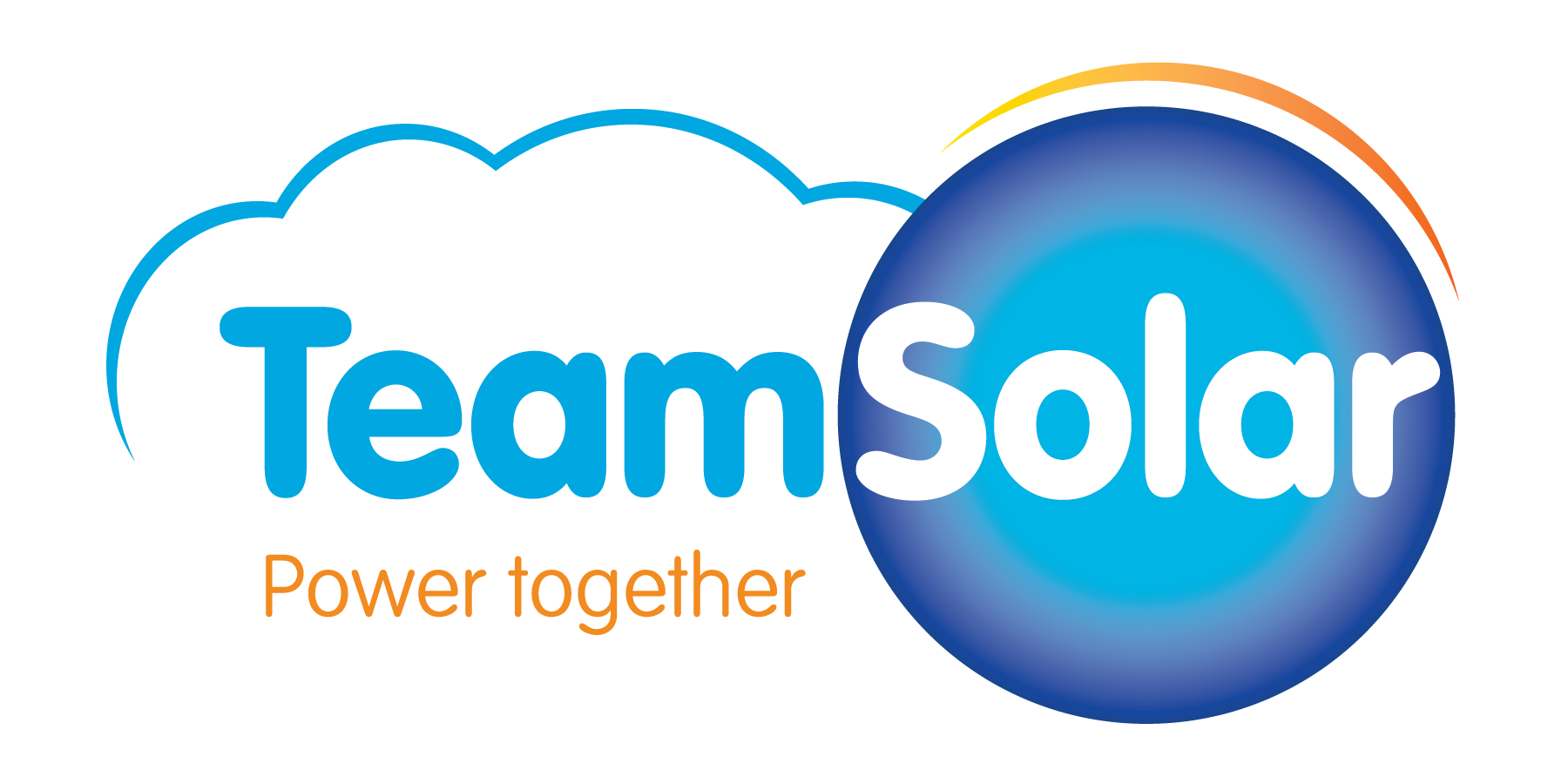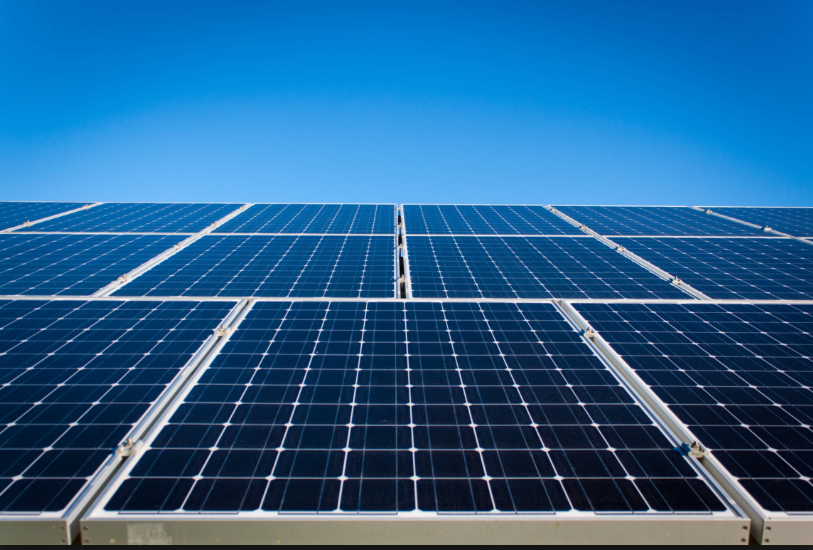Are you a Maine homeowner looking to take control of your energy costs while reducing your carbon footprint? Look no further! Team Solar is here to help you harness the power of the sun and make a positive impact on your home, your wallet, and the environment.
Rising Electricity Rates Accelerate Solar Payback Periods for Maine Homeowners
Introduction
Maine homeowners seeking to reduce their energy bills and make a positive impact on the environment have increasingly turned to solar power as a sustainable solution. The good news is that with rising electricity rates, the payback period for solar investments has been significantly lowered. In fact, residential homeowners can now expect payback periods as low as three years, with the average falling between three and ten years. This article explores how this favorable trend in reduced payback periods is making solar power an even more attractive and financially viable option for Maine residents.
- Understanding the Payback Period
Before delving into the impact of rising electricity rates on solar investments, it's important to understand the concept of the payback period. The payback period refers to the length of time it takes for the savings on electricity bills to equal the upfront cost of installing a solar energy system. A shorter payback period means that homeowners can recoup their initial investment more quickly and start enjoying significant long-term savings.
- The Influence of Rising Electricity Rates
One of the primary factors that contribute to shorter payback periods for solar investments is the continuous rise in electricity rates. As traditional energy costs increase, the financial benefits of generating your own solar power become more evident. Rather than being subjected to volatile utility prices, homeowners with solar energy systems can lock in a fixed rate for their electricity production, protecting them from future rate hikes.
- Decreasing Installation Costs
Another aspect contributing to shorter payback periods is the decreasing cost of solar panel installation. Over the past decade, technological advancements and increased demand have led to significant cost reductions in solar equipment, making it more accessible and affordable for homeowners. With lower installation costs, the initial investment is smaller, resulting in a faster payback period.
- Incentives and Rebates
Various incentives and rebates offered at the federal, state, and local levels further accelerate the payback period for residential solar investments. These programs aim to promote the adoption of renewable energy and provide financial assistance to homeowners who choose to go solar. For instance, the federal Investment Tax Credit (ITC) currently allows homeowners to claim a percentage of their solar system installation costs as a tax credit, reducing the overall upfront expenses and shortening the payback period.
- Energy Independence and Long-Term Savings
Beyond the shortened payback period, investing in solar power offers homeowners numerous long-term benefits. By generating their own clean energy, homeowners can significantly reduce or even eliminate their reliance on the grid, promoting energy independence. Additionally, once the payback period is over, homeowners can enjoy years of free or drastically reduced energy bills, leading to substantial long-term savings.
Conclusion
Maine homeowners now have an even greater opportunity to reap the financial rewards of investing in solar power. The combination of rising electricity rates, decreasing installation costs, and various incentives has significantly shortened the payback period for solar investments. With payback periods as low as three years and an average ranging from three to ten years, homeowners can recoup their initial investment faster than ever before while simultaneously reducing their carbon footprint. Going solar not only offers the financial advantage of energy independence and long-term savings but also represents a significant step toward a sustainable future for Maine and the planet as a whole.



